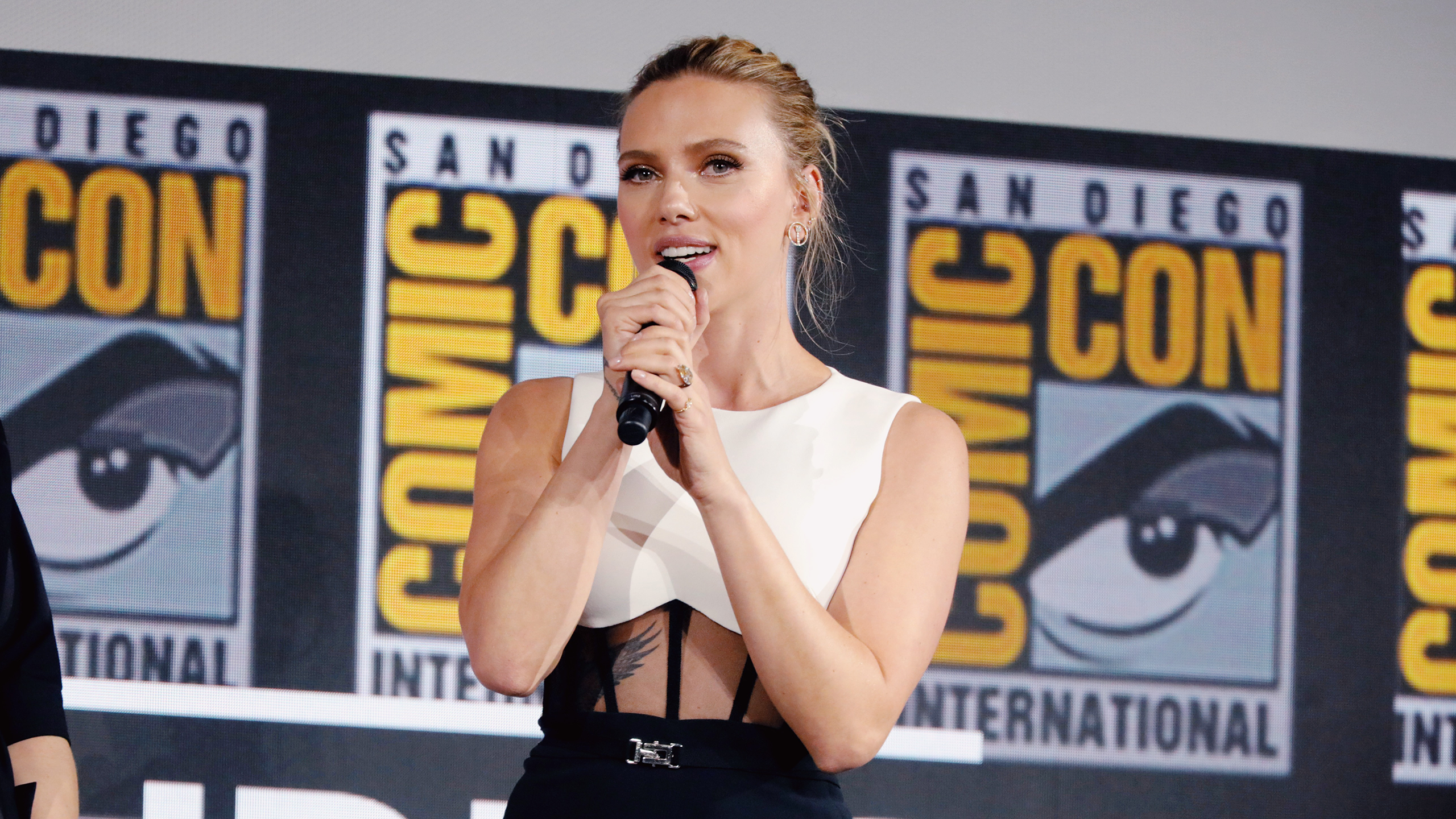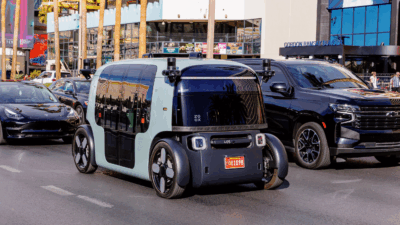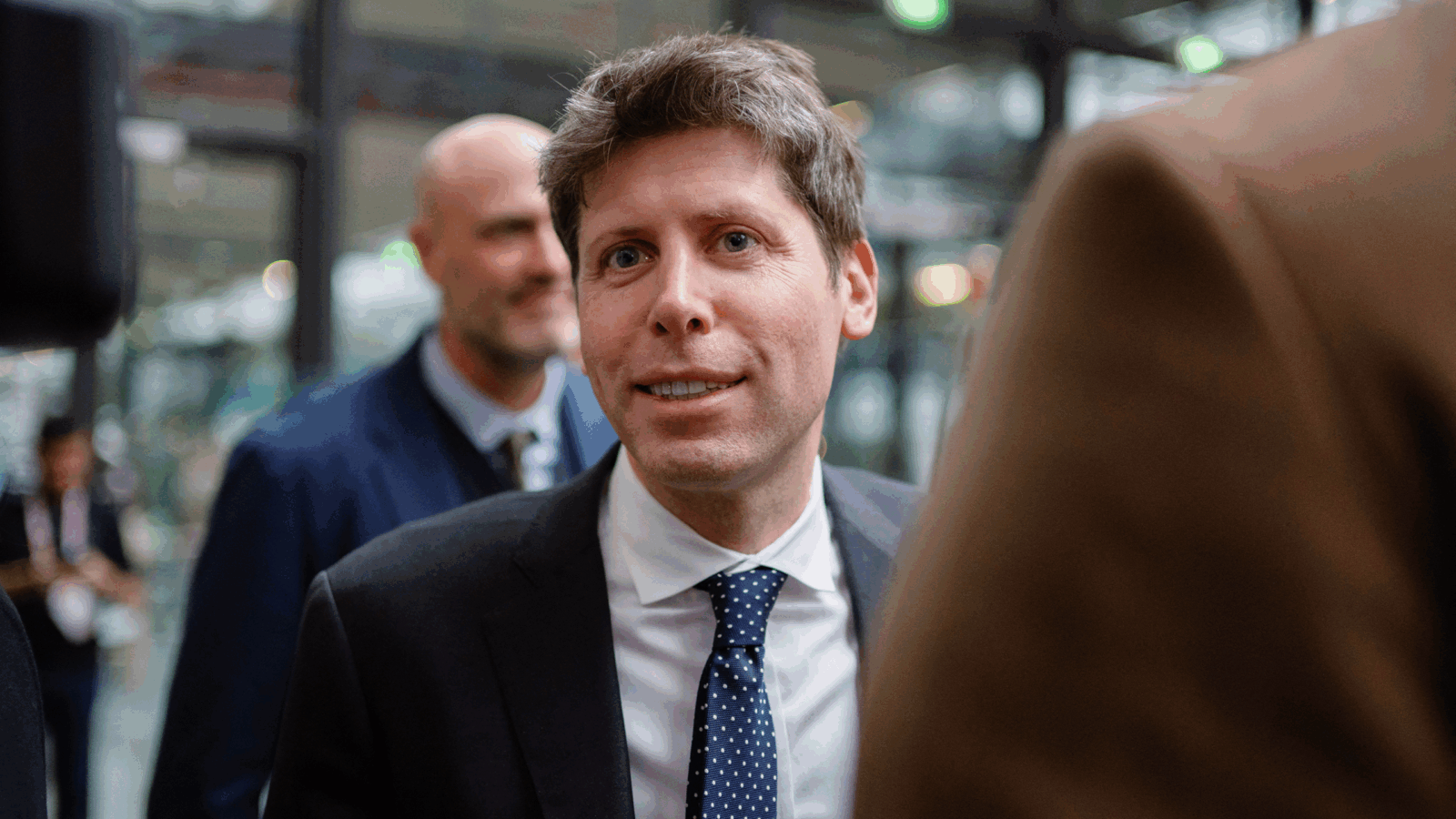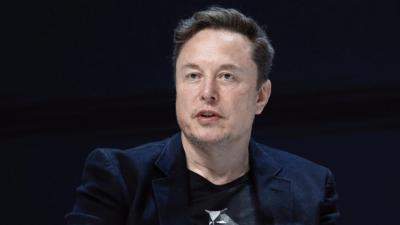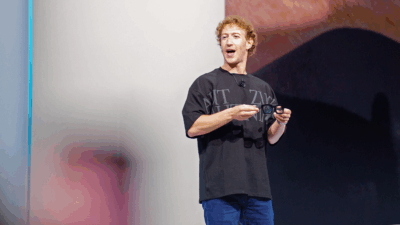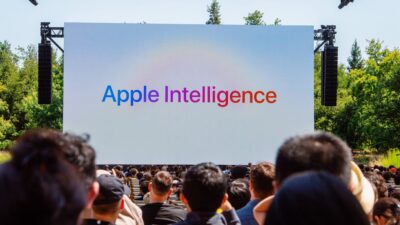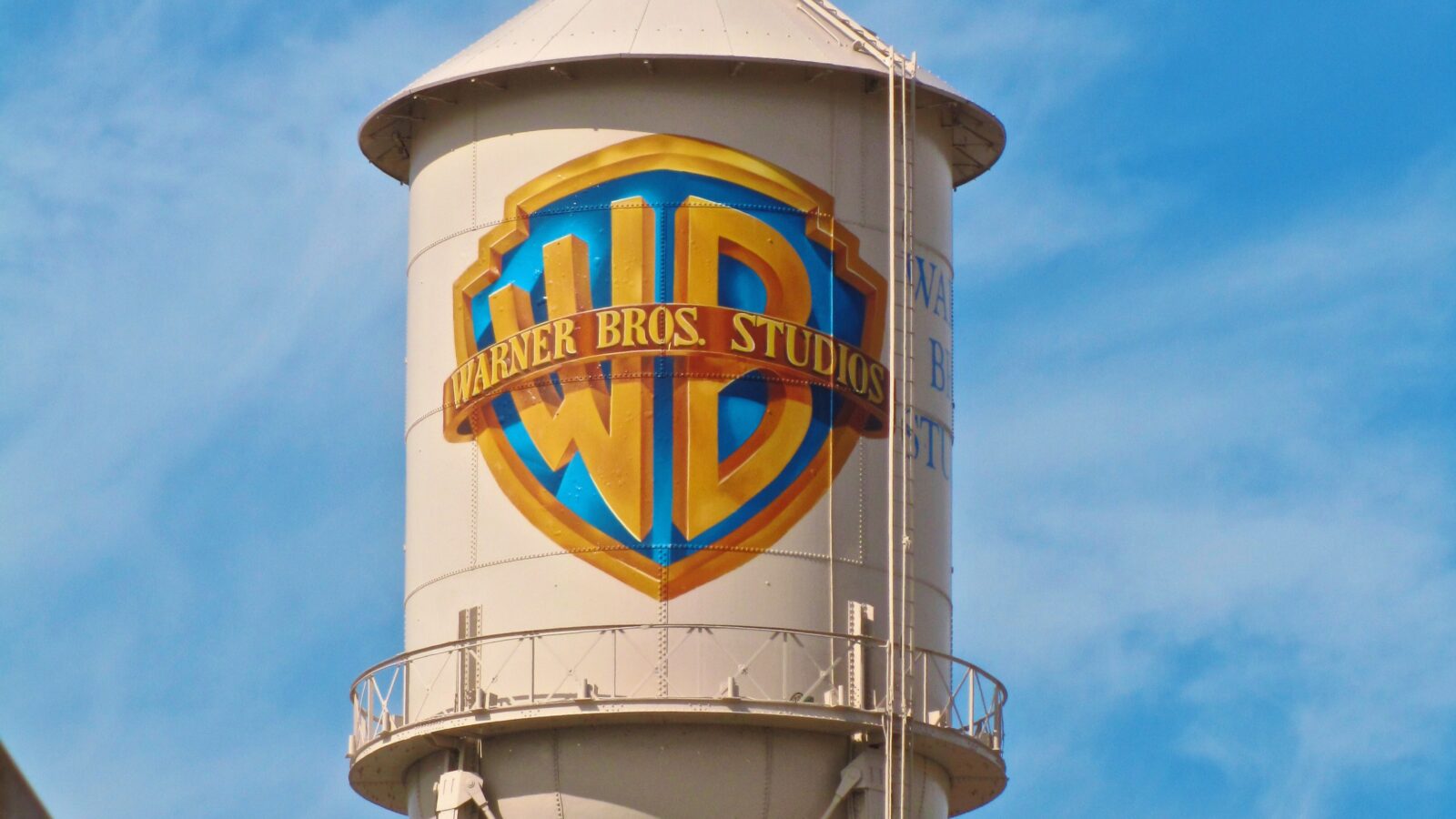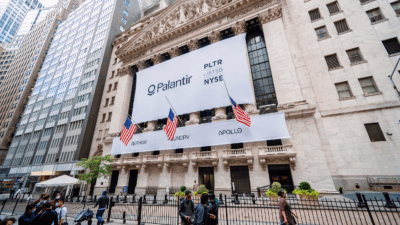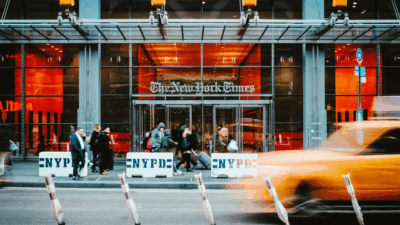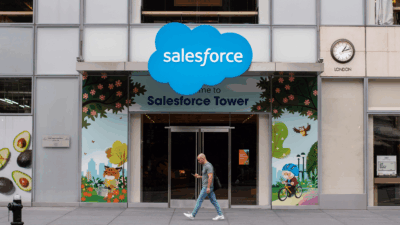The Scarlett Johansson-OpenAI Clash is a Vision of the Future
As one legal expert put the issue: “The technology is moving faster than the law ever will.”
Sign up for smart news, insights, and analysis on the biggest financial stories of the day.
Life imitates art. And so does artificial intelligence.
OpenAI recently debuted its latest edition of ChatGPT, a voice assistant called GPT-4o. The problem? One of the voices users can select, a personality called Sky, sounds eerily similar to actress Scarlett Johansson, and, specifically, her voice performance as an AI assistant in the 2013 movie Her. Too similar, says Johansson, who said she turned down an offer to provide her voice last year and is threatening legal action.
Wind Beneath Her Wings
OpenAI is no stranger to legal trouble concerning both the massive amounts of data it inputs into its large language models and the output of said LLMs. Perhaps most notably, The New York Times sued the tech firm for “mass copyright infringement” and the “unlawful copying and use of The Times’s uniquely valuable works.” Johannson’s case, however, is more complicated. OpenAI says Johannson’s voice wasn’t used to develop Sky, a claim supported by a recent Washington Post investigation which found the actress whose voice was actually used. That means any legal action pursued by Johannson will likely be on grounds outside of copyright law, Kirk Sigmon, a partner at intellectual property law firm Banner & Witcoff, told The Daily Upside.
Instead, Sigmon said, Johannson’s most likely legal recourse will be on likeness rights, a slightly more nebulous corner of law that unsurprisingly is most codified in Hollywood’s home state of California. “The basic idea is you can’t use someone’s likeness… in a manner that is sort of against their will,” Sigmon said. And though OpenAI didn’t use Johannson’s voice to train Sky, the end product may be similar enough to be considered an infringement on her likeness rights (an analysis from Resemble AI’s speaker identification model found a “high similarity” between Sky and Johannson’s voice).
In fact, Signon says, a decades-old lawsuit from another Hollywood star provides a useful history lesson:
- In 1988, Bette Midler sued Ford after it released a series of advertisements featuring a voice impersonator who sounded impeccably similar to the singer-actress.
- Eventually, Midler won the case, with an appellate court ruling that the voice-over was too similar to Midler, whose voice was famous enough to make the ads an infringement on her likeness.
Still, “the technology is moving faster than the law ever will,” Sigmon said. In other words, the saga is just the latest conflict in AI’s rapidly developing legal ramifications.
Departures: The Johannson debacle isn’t the only crisis at OpenAI. The firm has faced an exodus of high-profile leaders on its safety and compliance team, with one tweeting that “safety culture and processes have taken a backseat to shiny products” OpenAI CEO Sam Altman surely misinterpreted the cautionary tale of Her. Here’s hoping he has a slightly better understanding of the Terminator films.
